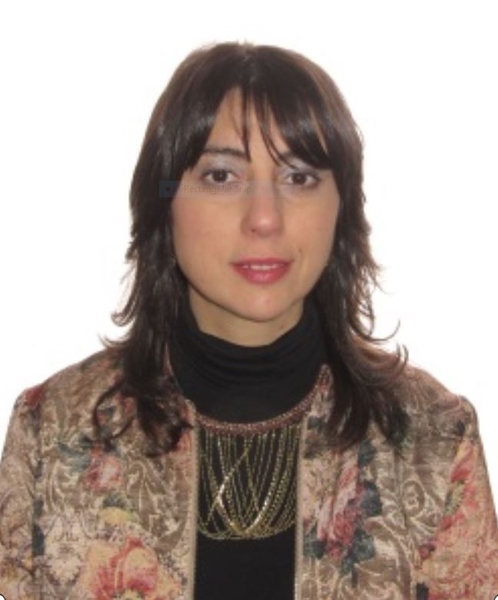Objectives
Click here to watch the seminar
Abstract: GBM is characterized by intratumoral heterogeneity. Tumor heterogeneity, clonal diversity and mutation acquisition hamper the ability to tailor personalized therapy for GBM. Tumor sampling has limited ability to accurately capture the molecular landscape of the tumor and to disclose acquired molecular aberrations. Mutation analysis of cfDNA is a non-invasive procedure which may overcome these limitations as it may reflect the real composition of the tumor and track the molecular evolution. We sequenced cfDNA of GBM patients and assessed mutation patterns and fusion genes. METHODS: We collected blood and respective tumor samples from 27 GBM patients and blood samples from 14 healthy controls. Tumor DNA, cfDNA and WBC DNA were sequenced using deep sequencing procedures. The data were analyzed for detection of single nucleotide polymorphism (SNPs) and gene-gene fusions. RESULTS: GBM cfDNA concentrations were significantly elevated (median: 23.63 ng/mL; range 12.6–137) compared to healthy controls (median 2.06; range 1.68–7.62) (p < 0.0001). We identified unique SNPs in each glioma patient’s cfDNA and the corresponding tumor DNA including the top-10 most frequently mutated genes in GBM. For example, mutation of TP53
 Short biography:
Short biography:
Milana Frenkel-Morgenstern has completed her Ph.D in the Weizmann Institute of Science, Israel in 2006. She made her first postdoc in the lab of Prof. Uri Alon in Systems Biology in the Weizmann Institute of Science, Israel, and the second postdoc in the lab of Prof. Alfonso Valencia in the Spanish National Cancer Research Centre (CNIO), Spain. She has published more than 50 papers in reputed journals and serving as an editorial board member of repute. She is a founder of special scientific competition at the international Bioinformatics conferences since 2008, a chair of the ISCB affiliated Israeli Bioinformatics group, and a head of the "Cancer Genomics and BioComputing in Complex Diseases" group in the Azrieli faculty of Medicine, Bar-Ilan University. Her group has developed unique protocols for the cell free DNA isolation and its analysis using unique and patented techniques by means of gene-gene fusions and chimeric RNAs.
